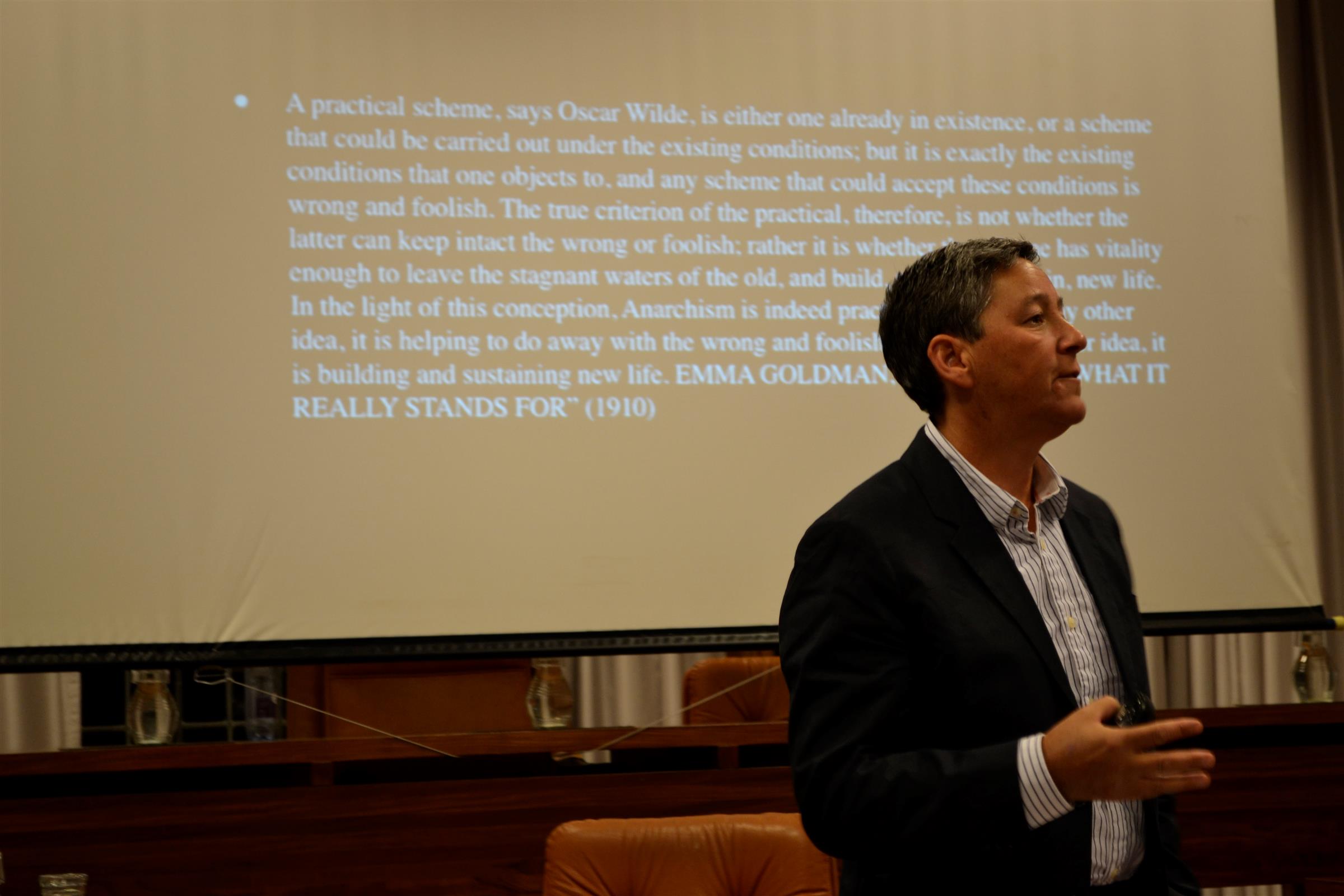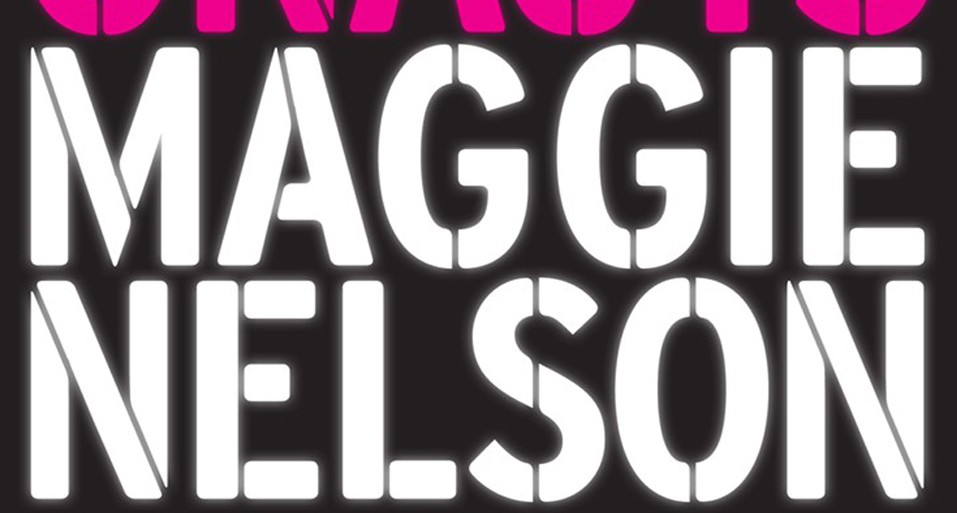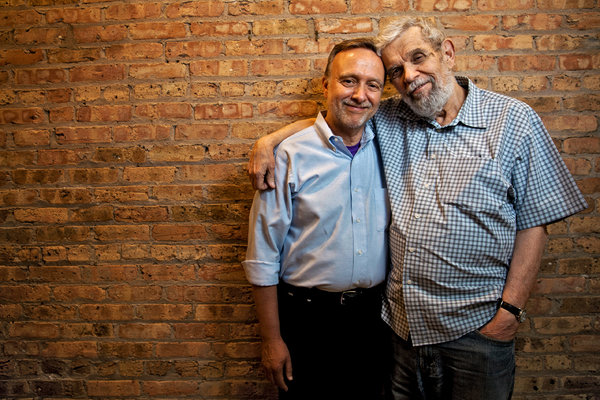
If you enjoy reading radical queer texts, then J. Jack Halberstam’s Gaga Feminism: Sex, Gender, and the End of Normal is an excellent choice for you. Halberstam, a professor of American studies and ethnicity and gender studies at the University of Southern California, first rose to queer stardom with the publication of Female Masculinity (1998), a quintessential text for queer academics. In his newest release, J. Jack, formerly Judith, starts his book with a depiction of “Jo Calderone,” Lady Gaga’s persona in male drag. Halberstam claims this controversial performance drew attention to the fluidity of gender as well as the rigidity of the gender binary during MTV’s Music Awards in 2011. In this way, Halberstam underscores the power of public performance and the power of Lady Gaga herself.
He explains that the concept of “‘gaga feminism’ …uses the meteoric rise to fame of Lady Gaga to hint at emerging formulations of a gender politics for a new generation. This feminism is invested in innovative deployments of femininity and finds them well represented by pop performances characterized by their excess, their ecstatic embrace of loss of control, and a maverick sense of bodily identity” (xiii). Halberstam claims these performances counter the prevalent heterosexist media.
Throughout the book, Halberstam deftly weaves in pop culture references, including contemporary television shows and movies to reveal the ways in which seemingly progressive movies actually reinforce very mainstream ideals. For example, he cites The Switch, a movie wherein Jennifer Aniston decides to become a single mother through the use artificial insemination; however, true to Hollywood style, Aniston ends up falling in love with the biological father of her child, thereby reinforcing the myth of the primacy of love between parents in the creation of children and the idealization of two-parent, heterosexual households.
Halberstam continues to deconstruct social ideals, including the institution of marriage. He argues that instead of trying to join a historically oppressive institution queer people should attempt to dismantle this system that privileges the wealthy, the white, and the cisgendered (people whose gender expression is consistent with social gender norms). Throughout the book, Halberstam offers thoughtful insights into the machinations of dominant society, and he offers suggestions for change. He even ends his book with a chapter he calls “Gaga Manifesto.” As he puts forth radical ideas and implores his readers go “gaga,” Halberstam maintains his position at the forefront of gender politics in the United States. While the therapists at Chicago-based IntraSpectrum counseling may not agree with all of his positions, they applaud his ability to articulate a new, more equitable world order.





 Today, July 26th, is National Disability Independence Day. This annual commemoration marks the day in 1990 when the Americans with Disabilities Act (ADA) was signed into law. The ADA enshrined several crucial civil rights protections for individuals with disabilities, but it still falls short of its intended goals after over 30 years on the books.
Today, July 26th, is National Disability Independence Day. This annual commemoration marks the day in 1990 when the Americans with Disabilities Act (ADA) was signed into law. The ADA enshrined several crucial civil rights protections for individuals with disabilities, but it still falls short of its intended goals after over 30 years on the books.